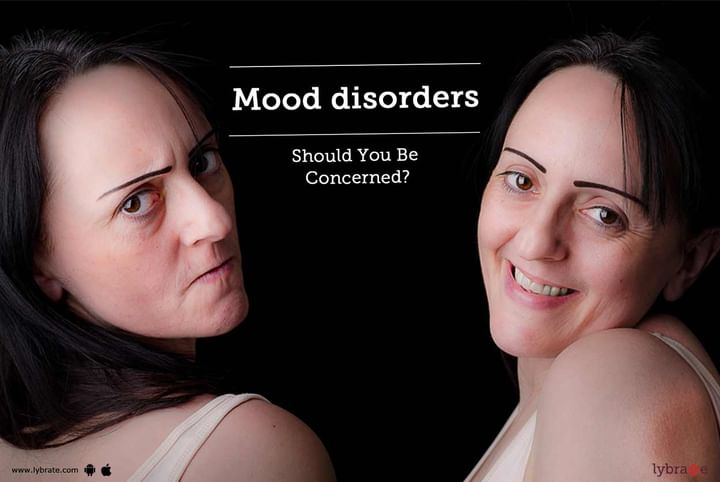Mood disorders - Should You Be Concerned?
Mood disorders are common psychological problems that affect a vast portion of the human populace all over the world every year. These occur when there is a shift or imbalance in a person's psyche which affects his or her daily function and interpersonal relations in varying degrees. Each individual is affected by these conditions in a different capacity and responds to them in a distinct manner.
Mood disorders generally manifest themselves as fluctuations in a person's temperament. It is triggered by various factors. These mental illnesses range from mild to severe, the latter requiring urgent psychological counseling and treatment. A mild condition may even develop into a painful and chronic one without any form of remedial intervention.
What are the most common types of mood disorders?
There are many distinctive categories of mood disorders that can affect a person. The most commonly occurring ones are as follows:
- Major depressive disorder
- Bipolar disorder
- Dysthymia
- Cyclothymia
- Seasonal affective disorder (sad)
Major depression is the most frequently occurring type of mood disorder. It causes mental and emotional turmoil, as well as physical anguish. Those affected by it may experience a single episode in isolation or multiple episodes over a period of time. The milder version of this condition is known as dysthymia.
Bipolar disorder is a comparatively rare condition that causes alternating states of extreme mania and depression. It is also known as manic-depressive illness. The mild version of this is called cyclothymia.
Seasonal affective disorder or sad is a depressive disorder that is known to affect those living in colder climes. It is caused generally by the lack of warmth and light, the onset of which begins in late autumn and lasts till the end of winter.
What causes a mood disorder?
Mood disorders are very difficult to diagnose as they can be caused by an assortment of triggers and the symptoms are not always apparent. This is particularly true in the case of dysthymia and cyclothymia.
Some of the usual factors that lead to mood disorders are:
- Chronic stress and anxiety
- Anomalies in the functioning of the nervous system
- Prolonged periods of isolation
- Genetics
- Childhood abuse and trauma
- Ineffectual coping mechanisms
- Insufficient nourishment/malnutrition
In most cases, a combination of multiple factors usually leads to the development of mood disorders and other mental illnesses. If you wish to discuss about any specific problem, you can consult a Psychologist.



+1.svg)
